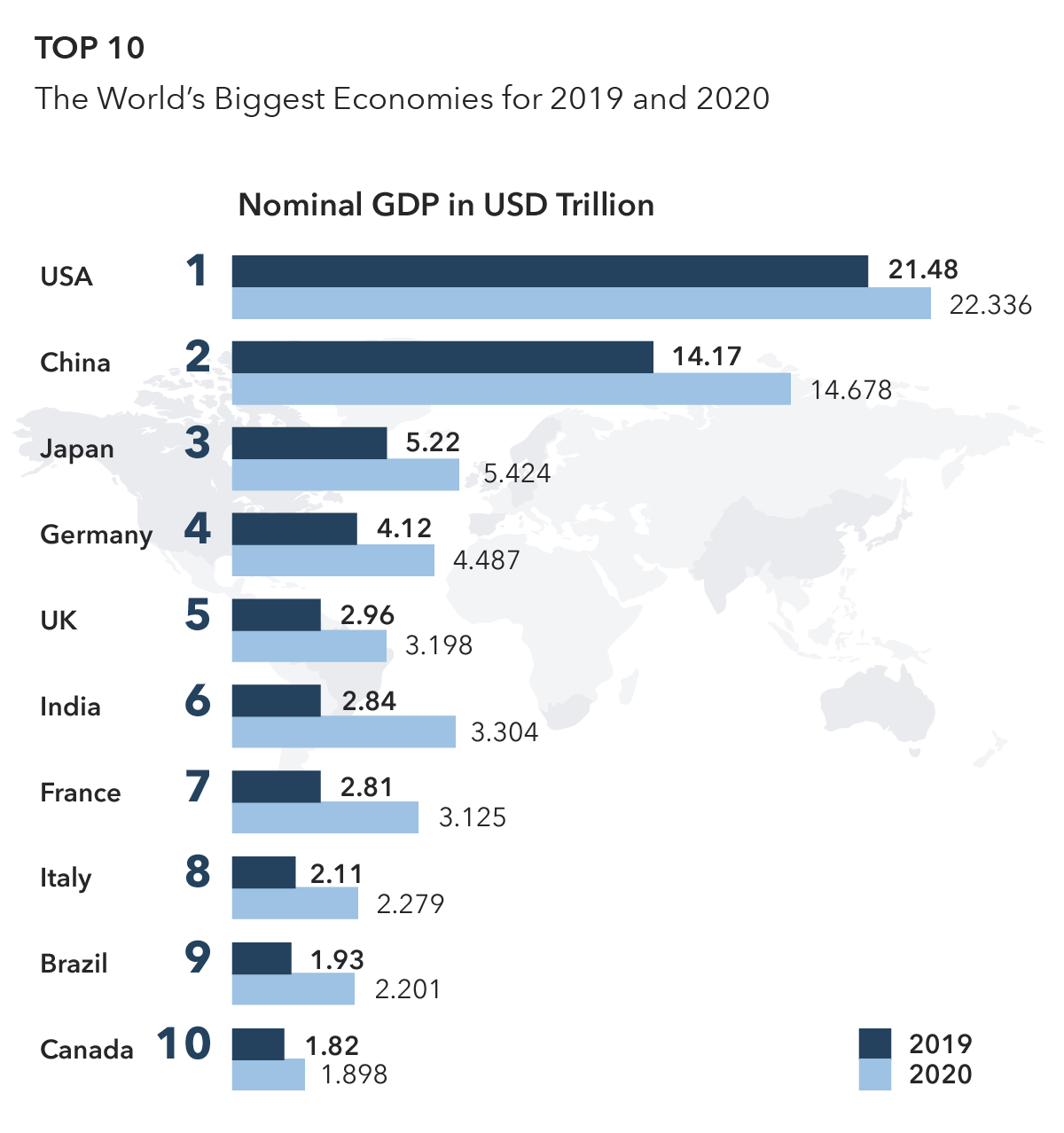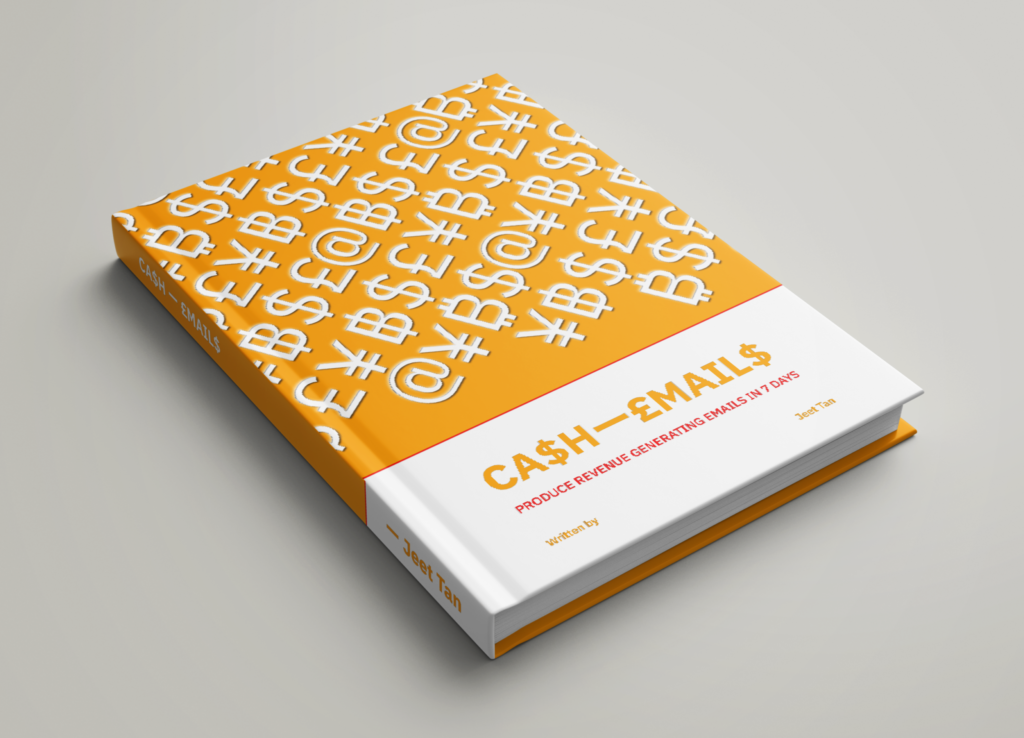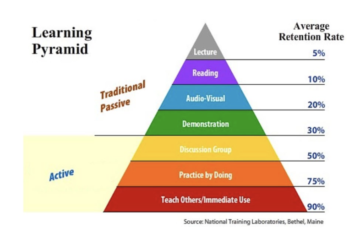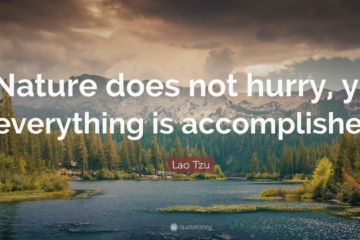How To Market To Wealthy East Asians

Are you frustrated dealing with your Asian clients? Japanese, Chinese, Koreans.
Are you an Asian yourself and don’t understand your own culture’s pitfalls?
After this blog post, you will be an expert on Asian culture and how you can navigate your business dealings with other Asians, in particular East Asians.
Before we begin, let me clarify some things:
- I am not stereotyping every asian person out there and putting them in the box, I am making general statements but of course there are exceptions in every single culture.
- There are slight differences in Southeast and East Asia, but in general this guide could be applied to both regions. I will however be not be focusing on Central Asia and South Asia (India, Pakistan, Turkey, etc).
- I am also not putting every Western audience reading this in the same box, however for the simplicity of the article I would like to use the term: “East Asia vs The West”. Just like every Asian audience reading this is different, every Westerner is different and unique and cannot be stereotyped however for the simplicity of writing this post, it may seem that way.
First of all, why am I qualified to speak about this topic?
I’m Malaysian Chinese that grew up in an international school in Bangkok, and also studied abroad in Japan for university. I’ve dealt with Asian clients (Thai, Malaysian, Singaporeans, Japanese, Chinese, Koreans) as well as Europeans and Western clients (UK and Americans) with my copywriting practice and work experience. I have had the rare advantage of living the best of both worlds.
I noticed a huge difference in ways business are conducted in each respective regions which was what motivated me to write this article.
I’m not talking the difference between blue and yellow. But a difference between a 6-story building and a skyscraper.
You could be an Asian living in the United States wanting to understand your own culture. You may have noticed that there are significant differences between ABCs and Chinese that grew up in the mainland.
Many Asian Americans after all have lost their cultural roots and are more Americanized, so how you would deal with an Asian American would be different from how you would deal with the Asians in this article.
Therefor, this article will be detailing on dealings with overseas Asians that are born in Southeast or East Asia.
It’s not about necessary the color of the skin per say but the culture and customs of the land you are adopting.
Will East Asia Take Over The World?

With the rise of China, many economists are projecting it to overtake the United States as the world’s number one economy in the global market within the next decade. East Asia is a sea of untapped opportunity and business.
You would be shocked to hear about the stories of how much wealth there is in Asia.
However you must first understand the customs, the laws of the land in order to gain an upper edge over your other ambitious friends that have the same brilliant idea as you investing into Asia.
Relationships Come First
When dealing with business in Asia, you must understand that the cultural values here are the opposite of the West.
In the West, relationships are key to closing the deal. In Asia, relationships are everything in closing the deal.
You would probably see deals being closed in the West because of the product itself, or how convenient it is to the buyer. On the other hand, Asian deals are a lot more about referrals and who recommends what.
It goes back to Asian culture being a collectivist society vs the West having more emphasis on values such as independence and self reliance. Asian culture is simply more reliant on the group for survival and even who we do business or where we buy our things will depend on how popular it is in our group.
With the exception of countries like Japan, Korea & Singapore – China, Thailand, Malaysia, India, Vietnam – these are countries that are full of scammers. It’s just something we have to deal with every single day. So that’s why trust is the lifeblood of every business transaction here.
Chinese-Canadian business magnate, Dan Lok describes in this video about about a Chinese old lady faking dropping dead on the street. Check it out!
Business Practices – Chinese vs Japanese
I would like to briefly cover the stark difference between how the 2nd and 3rd largest economy in the world conduct business. With Chinese and Japanese business dealings, there are huge differences in the way things are conducted, first mistake to avoid is mistaking one for the other.
| Trait | Chinese | Japanese |
| Work Process | Fast to market, fast to innovate, fast to launch. | Patient to act, extremely detail oriented. |
| Flexibility | Adaptable to changing market conditions. | Rigid to changing market conditions. |
| Workflow | Results oriented workflow. A person that takes 3 hours to complete work that takes 10 is considered efficient. Whereas a person that takes a long time to complete a task is considered “useless”. | Process oriented workflow. If a person takes 3 hours to complete work when the required is 10 hours, that person would be considered lazy because he should’ve stayed on the task longer and made things better. A person that stays the longest on a task is considered a “hard worker” and valuable. |
| Action Orientation | Likes to get things done NOW. Extremely action oriented. | Takes time in thought and decision making, very good at delaying gratification. Strong follow through on projects and long term consistency. |
| Speech | Direct in speech with a lot of things happening behind the scenes. | Indirect in speech with a lot of things happening behind the scenes. |
| Conflict Style | Comfortable with direct confrontation | Avoids direct confrontation. |
| Gaining trust | Takes time to get to know well | Takes EVEN MORE time to get to know well. |
| Teamwork | Teamwork is important | Teamwork is everything. |
| Tackling Projects | Strong self-starters that can finish projects independently. | Strong in a group. Can finish projects as a group flawlessly. |
| Communication Style | Honest in communication, dishonest in intent (they could say something and mean it at the moment and change their mind just like that) | Dishonest in formalities, honest in intent (on the surface, extremely polite which may seem disingenuous however once you get a commitment, expect the commitment to be fulfilled to the end) |
| Risk Management | Higher risk tolerance hence why you see Chinese products being sourced en masse globally. Innovation embraced. Sloppy mistakes do happen. | Lower risk tolerance hence why you see Japanese products considered to be the world’s best in quality. Mistakes are rare. |
| Market Penetration | Easier market to penetrate, as many Chinese companies are open to doing business internationally. | Difficult to penetrate, most Japanese companies have limited English availability and are skeptical of foreigners and/or people that do not speak Japanese fluently. |
| Trust | In general, you have to be street smart and have a lookout for scammers and shady personalities. Agreements could mean nothing. | In general, it’s very difficult to earn a Japanese person’s trust. But agreements are taken very seriously, once committed, they follow through to the end. |
| Relationships | Although having less loyalty to one’s company, there is a strong loyalty to family and one’s personal network in business dealings. | Although strong family ties are important as well, Japanese have even stronger ties to their work and the company they work at. Has the mindset of working for the greater good of their country and society. |
Similarities
- Deep respect for hierarchy.
- Both collectivist cultures.
- Relationships are still king in both cultures.
- Sees things through to the end (persistence and hard work ingrained).
- Both are perfectionistic cultures.
- When combined, has a higher GDP than even the US.
- Once loyal to you, they are all in. If not committed, nothing gets done. In-group, out-group bias deeply ingrained.
- Both are very observant.
- Has something called “face”. Do not disrespect an East Asian person or he will lose face. Pride amongst your peers something that is very important here.
- Strong family and friendship ties. Both usually overlap.
- Being successful in your work is extremely important in both cultures.
- Proud of their heritages.
- Although stated that Chinese companies are open to foreigners, for long term success, both Japanese and Chinese companies require at least a base understanding of cultural norms.
I would like you to look at it this way. These are two cultures that are basically two sides of the same coin, their goal is pretty much the same, but their approach and style are completely different.
Although there is competitiveness is every country in the world, the competition in Northeast Asia takes things to a whole new level. That is why you see a difference between how things are conducted in China & Japan vs perhaps the more laid back Western culture. There is a dogged perseverance ingrained in our psyche to be successful.
*Although I have listed these traits, I obviously cannot stereotype a total of 1.5 billion people on this planet so if anyone takes offense in the chart I have written, just know that it may not apply to you.
Indirect Speech vs Direct Speech

Understanding how one communicates is extremely important to understanding the people you are working with and doing deals with. Majority of East Asians communicate indirectly, meaning that you have to look for what is not being said instead of being said.
This is very different from Europeans or even Americans where the speech is completely direct and straight to the point.
Has this ever happened to you..
You are talking with an Asian friend, colleague, worker, and you thought things were going well. And the next day, he/she avoids you and then eventually disappears, and you are scratching your head – what the hell is going on? You have to remember, a lot of conversation from Asian culture comes from what is not being said (indirect).
Chances are that you have said or done something that offended them. Perhaps you came off too strong, or done something he/she did not like. There are a multitude of reasons for that and it isn’t necessarily your fault, I have personally even faced this problem myself and I still get frustrated with this to this day.
So why does this phenomenon occur? I would like to use the example brought up from the book: “Crucial Conversations” in which there are two mechanisms of how people deal with conflict. The first is “violence’” if there is a conflict you would argue your point and you would tell the other person why he is wrong.
The second way people deal with conflict is silence. You retreat into your own world. Majority of East Asians go into silence after conflict. Pick up the book: “Crucial conversations” and have a go at reading it as it explains this in much more detail.
East Asians and even Southeast Asians in general have a mentality of avoiding conflict at all costs, because of our ingrained cultural beliefs of collectivism and living in harmony with each other.
I must say that, East Asians have extremely bad coping mechanisms in dealing with conflict (and I am speaking from experience as a Chinese of how much I had to overcome to reach this point of openness). Whereas in the West, you would probably have the mindset of saying okay if there’s a problem, let’s talk it through and sort it out right now.
In Asia, there is none of that, if there’s a problem there’s a general mindset of completely eradicating mistakes in the first place and if there are any, let’s sweep it under the rug and see what happens. Usually what happens is a huge bomb that is waiting to explode.
This is why you see the high suicide rates in Korea & Japan, it’s due to very bad coping mechanisms with conflict. Feelings are bottled up and things that should be said are not said which will lead to either a huge explosion outwardly (violence) or these feelings being directed onto self, hence suicide (silence).

In business, it is inevitable that conflict happens from top of funnel activities, such as marketing, to bottom of funnel activities such as product delivery and customer satisfaction. Conflict will happen, that is why it is so important, when dealing with East Asians is to initiate the resolution.
As our number one coping mechanism when conflict happens is to run, it would be best to initiate and try to get the person to come back. Do this ASAP, because once the trust is broken, it’s very difficult to gain back as people take things very personally here.
What Does This Have To Do With Business & Marketing?
What is the first thing you need to know, before you market towards an Asian audience, it is to understand them and the nuances. This goes for any audiences.
Based on what we have covered so far in this article, just know in the back of your mind that what an Asian person wants is very different from what a Western person wants.
A typical East Asian person values security, comfort, stability and consistency. Words such as innovation, challenging one’s comfort zone, may seem foreign to them. Risks are looked down upon which is why when they go into something, they want to have all the data, the facts and the information presented to them because failure is not an option.
Just like before entering any market, conducting market research is vital to your success. Take a look at the existing products and services that are similar to yours and the conversations people are having. Depending on the region, being able to speak Japanese, Chinese or Korean is a plus.
Taking this a step further, would be to immerse yourself as a customer. Make friends with the locals and listen to the trends happening. You really have to BE that person that you are marketing to.
Take what is written so far as data, (market insights) you can use.
How Much Of A Potential Market Is East Asia?
Wherever you are living right now in the world, I am sure there is a Chinatown, Korean BBQ or quality Japanese products there. Even in Western countries, the influence can be clearly seen, however asian communities operate as if they are a split society, you must know how to work your way in.
Although it is going to take time, Asia is embracing globalization just like every single country around the world. A lot of Asian companies are purchasing products from the West where otherwise there would not have been access before, and a lot of Western companies are sourcing their products from China using sites such as alibaba.com and aliexpress.com.
What I have detailed in this article seems to me that I am stereotyping EVERY East Asian or Southeast Asian acting a certain way. This is simply not true, every person is different. I was blessed enough to be able to get the best of both worlds (Japanese and Chinese) which I am using my knowledge here to share this valuable knowledge with you so you can adapt to the changing world.
I believe that mutual understandings in culture will one day bring the West and the East closer together. Companies such as Google, Amazon and even Tesla were founded on multicultural teams with diverse backgrounds, pooling the best skillsets from each culture. Whereas many Chinese, Japanese and Korean companies are hiring foreigners that are fluent in the respective companies’ language and English, in order to be a connector towards Western markets.

All of this was facilitated through the use of the world wide web and the advent of commercial air travel, and this trend of globalization does not seem to stopping any time soon. I believe that understanding towards one’s own psychology and being more accepting of cultural differences will one day bring very strong collaboration projects that foster greater levels of innovation and create a truly peaceful, global society for centuries to come.
If you enjoyed this article, don’t forget to check out my free e-book: “Cash-Emails” in which you will have the best marketing templates, I learnt through my millionaire mentors, that will allow you write emails that can generate you a couple extra thousand dollars in sales. The strategies I will be sharing with you in this book are specifically made for email marketing but the templates can be applied onto virtually any platform. Download it through the link below.




3 Comments
These Are The Best Copywriting SOPs You Will Find - Jeet Tan Copywriting · August 31, 2022 at 5:28 pm
[…] launch. Seriously, if something is 80% enough then it’s good enough. Recently, I sent this article to one of my coaching clients which resulted her in landing a full time job for one of the top […]
How to Do Business with Chinese People - Jeet Tan Copywriting · June 22, 2024 at 4:24 pm
[…] all Chinese people are alike, and so I don’t want to also make generations here. As with all matters, experience plays a huge role in the success of your endavour. Good […]
Let’s Talk About Ideas in Marketing - Jeet Tan Copywriting · July 2, 2024 at 5:15 am
[…] you read some of my blog posts, we have very unique posts like how to market to Japanese people, marketing mindsets like creating “nothing from something”, things that you wouldn’t find on a […]